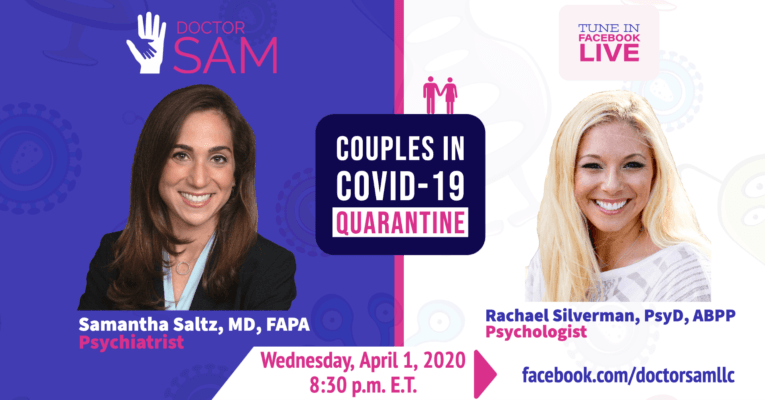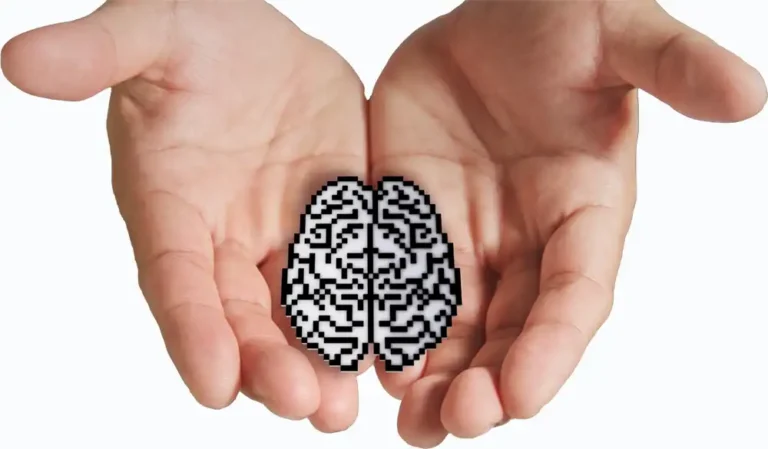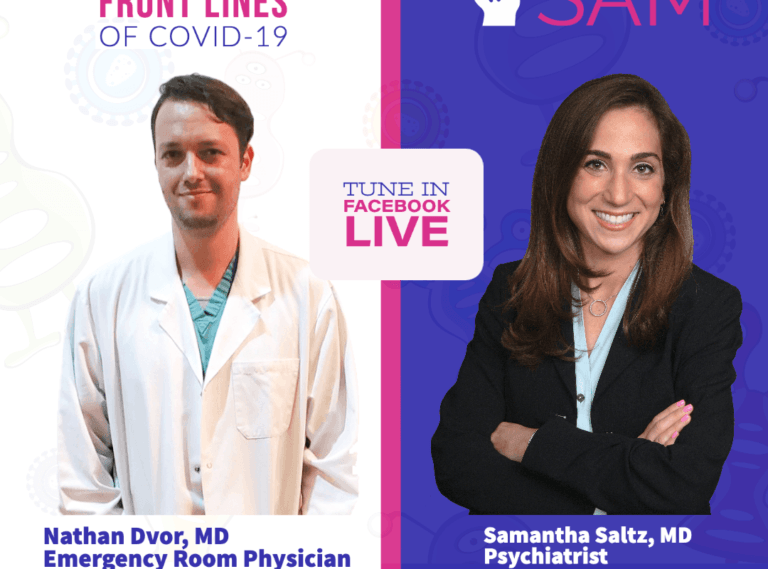Post-traumatic Stress Disorder, or PTSD, is a common mental health condition that affects a substantial portion of the population. And while originally conceived as a diagnosis strictly for combat veterans, clinical outcomes and extensive research has demonstrated that this is a diagnosis that is not limited by age or exposure. It is a disease linked to direct contact with trauma that profoundly affects individuals both physically and emotionally. Exposure for trauma is not limited to a specific domain, and any type of violent or traumatic exposure, including abuse and neglect, can result in symptomatology that is long lasting.
Symptoms
PTSD involves a large list of presenting features, that can include, but are not limited to flashbacks, impaired mood, significant anxiety, hyper-vigilance, dissociation, intrusive thoughts, nightmares, avoidance, aggression, and sleep disturbances. Often, these symptoms can overlap with several other mental health conditions including mood disorders, anxiety disorders, substance use, personality disorders, and even various physical health conditions.
Assessment & Diagnosis
Assessment and diagnosis of PTSD is made through a thorough clinical assessment by a medical professional. Informational tools such as rating scales, checklists, and evaluations can be helpful in clarifying whether symptoms meet criteria for a diagnosis of PTSD. It is important to rule out any medical or neurological issues that may be contributing or accounting for symptoms.
PTSD is typically a chronic or long-term condition, with many still suffering from symptoms years after an initial exposure. Onset is occasionally severe, therefore obtaining appropriate mental health treatment is a must for this condition. Left untreated, PTSD can lead to higher rates of educational or work difficulties, affected romantic relationships, and higher rates of both mental and physical disability. In its most severe form, it can be a life-threatening condition that can led to suicidal or violent thoughts and requires emergent treatment.
Treatment
Treatments for PTSD are numerous and expanding regularly, however the main recommended treatments include targeted individual psychotherapy and medication management. Individual therapy can focus on processing trauma directly or working on treating manifestations of this condition. Medications can improve several symptoms as well. Your individual provider will work with you to ensure that you receive relief from these symptoms, which can be debilitating to day-to-day functioning and quality of life. It is recommended to consult closely with a medical professional to discuss risks and benefits of medications. Effective treatment will typically involve family support, as well as close monitoring and follow-ups with professionals.











